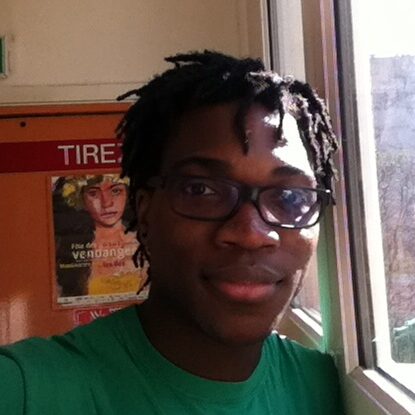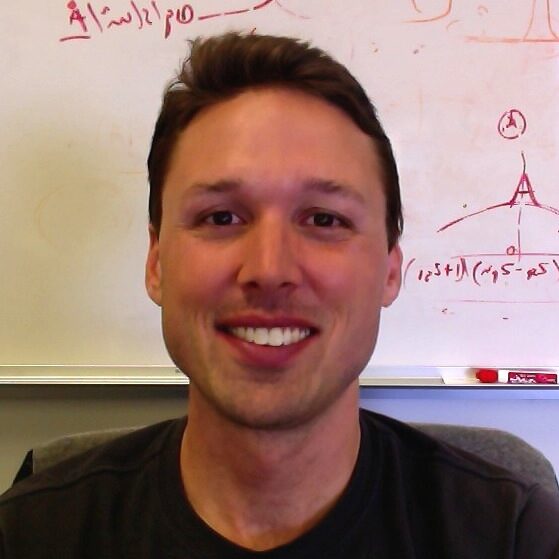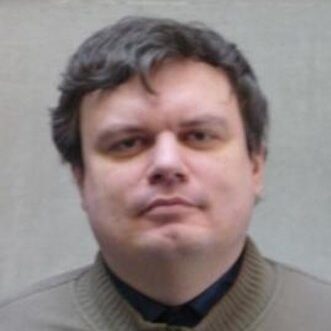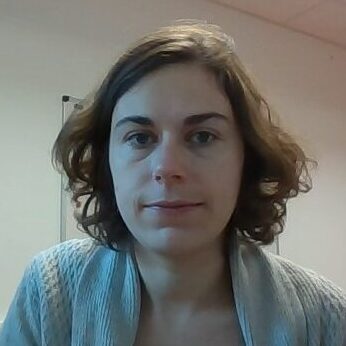The Euclid Consortium STAR Prize 2017
The Euclid Special Talent And Recognition (STAR) Prize is a prize to acknowledge work done within the Euclid Consortium in different areas of activity. It was established in 2017, so these are the initial honorees, and every year prizes are awarded to nominees in different categories by the Euclid STAR Prize Committee. Nominations are accepted and encouraged from any Euclid Consortium member, excluding self-nominations.
The awardees are (full bios below / on click):
Euclid STAR Prize 2017 – Student Award
Fred Ngolè Mboula is a permanent researcher at French CEA specialized in data analysis and processing.
He previously completed a PhD at CEA Astrophysics Department working on new non-parametric PSFs modelling methods.
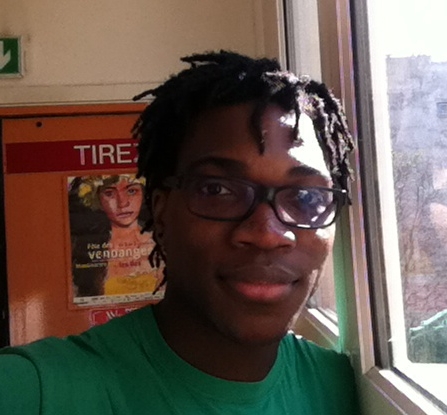
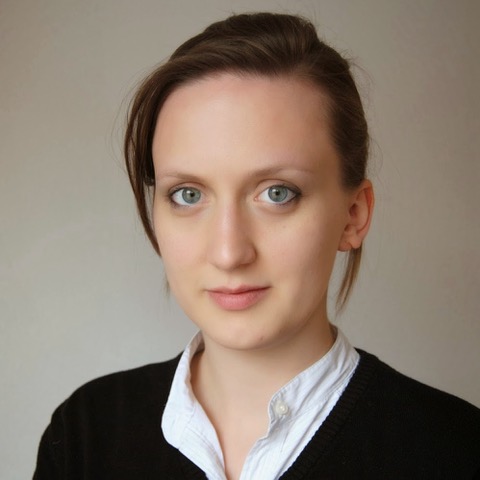
Euclid STAR Prize 2017 – Postdoctoral Award
Dida Markovic is a research fellow at the Institute of Cosmology and gravitation in Portsmouth. She works on large scale structure as a probe of the dark universe. Recently she has been particularly interested in how to improve our ability to address observational challenges for galaxy clustering, specifically focussing on Euclid systematics. She also studies how systematic effects impact our ability to produce the expected science results.
Euclid STAR Prize 2017 – Postdoctoral Award
Dan Masters is a NASA postdoctoral fellow at JPL/Caltech. While a postdoctoral scholar at Caltech/IPAC, he developed a novel method for calibrating photometric redshifts for weak lensing cosmology by mapping the observed galaxy color space to Euclid depth. This work led to a large, multi-institutional spectroscopic survey with the Keck telescopes as well as the VLT and GTC telescopes to measure the empirical galaxy color-redshift relation. He plays a leading role in this effort, called the “Complete Calibration of the Color-Redshift Relation (C3R2) Survey”, which is recognized as of great importance for weak lensing cosmology with Euclid.
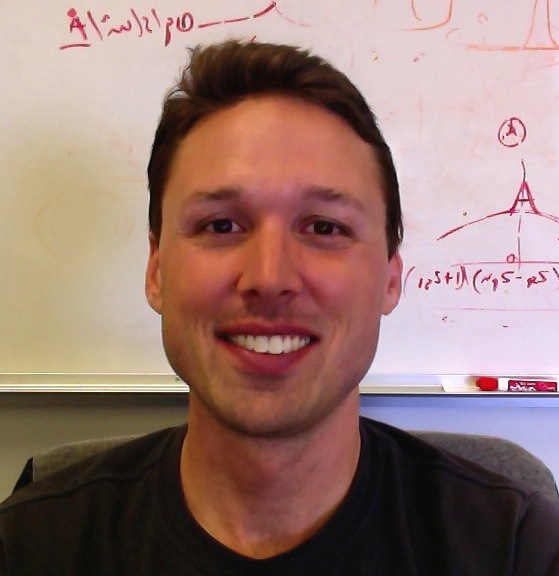
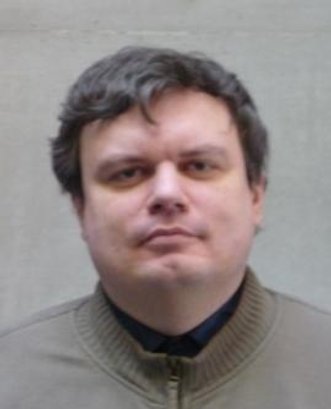
Euclid STAR Prize 2017 – Infrastructure Postdoctoral Award
Andrey Belikov was graduated from Moscow University and after completion of PhD in Institute of Astronomy of Russian Academy of Sciences he started to work on archive and processing systems for Astronomy. Starting 2007 he works in Kapteyn Astronomical Institute and participate in design and development of information systems including Astro-WISE, Lofar Long-Term Archive and Euclid Archive System.
Euclid STAR Prize 2017 – Faculty Award
Anne Costille is a research engineer specialized in optics and Assembly, Integration and Test at Laboratoire d’Astrophysique de Marseille (LAM). After a PhD done on tomographic adaptive optic, she has worked during 4 years on the integration and test of SPHERE instrument for the Very Large Telescope for ESO. She is now involved in the development of the Euclid NISP instrument. She is responsible for the manufacturing, test and delivery of the four grisms of NISP, that are complex optical parts of the instrument. She is also involved in the preparation of the performance test of the NISP that will be done at LAM in vacuum and cold temperature in 2018 to characterize the full performance of the instrument before the delivery to the payload.
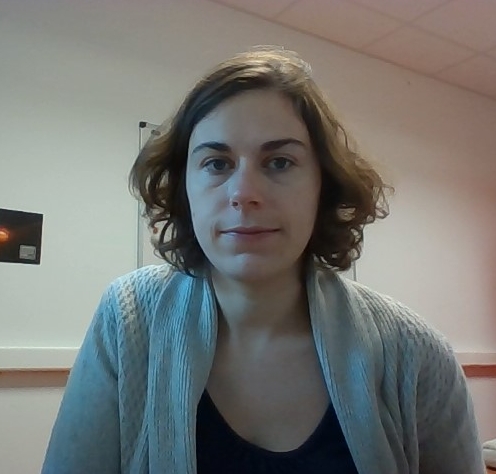
Euclid STAR Prize 2017 – Team Award
Lance Miller, Ian Fenech Conti, Edo van Uitert, Chris Duncan, Julian Merten
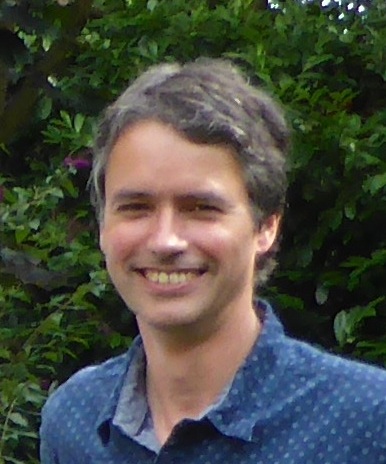
Lance Miller is Professor of Astrophysics at Oxford University, where he works on weak lensing shear measurement and PSF modelling.
He has previously worked on the CFHTLenS and KiDS lensing surveys.

Chris Duncan is a post-doctoral researcher and Beecroft Fellow at the University of Oxford. His main interests are in the use of gravitational lensing as a probe of cosmology and large-scale structure, with an emphasis on the use of the magnification effect and accurate inference of cosmological measures in the presence of confounding factors.
As lead developer on the PSF modelling pipeline for Euclid, he is responsible for developing and implementing methods for the measurement and modelling of the PSF when Euclid is in orbit, required for accurate cosmological measurements. This process covers a wide range of specialisations, from software development and implementation on high performance systems, to image analysis, high-dimensional statistical inference and cosmological impact.
Ian Fenech Conti
Edo van Uitert
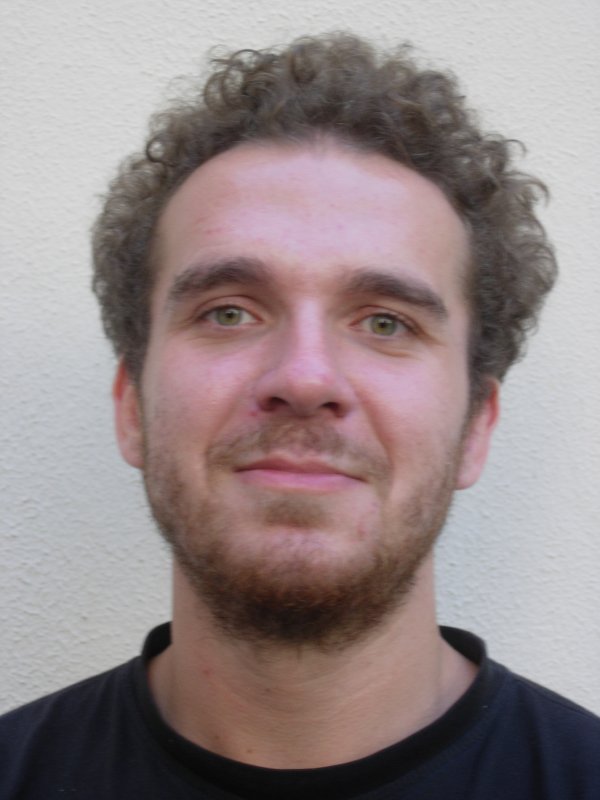
Julian Merten is a Marie-Curie fellow at the Osservatorio Astronomico di Bologna and a stipendiary lecturer at University College Oxford. His main research interests are gravitational lensing in the context of the large scale structure of the Universe.
He is very interested in numerical techniques and algorithms with a focus on statistical methods and many-core implementations.

